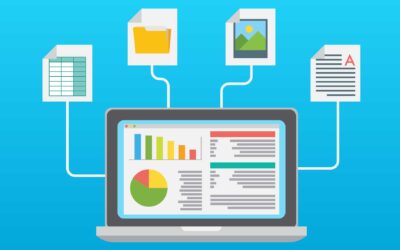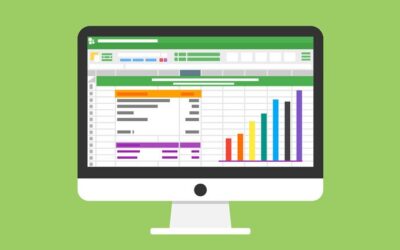As a business owner, navigating complex financial topics can be challenging. However, getting to the root of financial decisions that significantly impact an organization is critical. One such decision lies in business accounting. Every organization must decide which...
Business Management
Monthly Bookkeeping Checklist
Small business owners who recently opened their doors may feel inexperienced with the operational tasks involving bookkeeping. Quickly, they understand that running a company involves more than selling products or services, growing your client base, and increasing...
Small Business Tax Planning Strategies: How to Successfully Navigate Tax Season
Most people can work through filing an individual tax return. However, when responsible for submitting your small business taxes, a lot more is at stake. Though 93% of small businesses confidently believe in their ability to accurately file taxes, almost one-third...
5 Vendor Management Tips for Small Businesses
Effective vendor management is an often overlooked process. However, it is one of the most critical processes to ensure the smooth running of your business operations while planning for future growth. Building (and maintaining) strong vendor relationships results in:...
How to Choose a Payroll Schedule for Your Small Business
As a small business owner, determining the ideal time to administer payroll may sound simple in theory. But the reality is that your payroll schedule must take into account a number of factors including: state regulations, cash flow needs, overtime rules, and the...
How to Calculate the Breakeven Point for Your Small Business
The breakeven point shows you how much product you need to sell in order to cover the cost of doing business. It can also be used to determine when your business will start to make a profit. Therefore, it’s no surprise that breakeven analysis is a key component...
How To Choose The Right Accounting Software for Your Business
[vc_row][vc_column][vc_column_text]A sole proprietor running a cash-only business with just a few customers and suppliers may get by just fine with a spreadsheet to keep track of income and expenses. However, for more complex business models, the benefits of investing...
How to Manage Payroll for Independent Contractors in 3 Steps
According to a LinkedIn survey, 70% of SMBs have hired freelancers in the past, and 81% plan to do so again in the future. These numbers should not be surprising considering the many benefits of bringing on independent contractors rather than full-time employees....
Accounts Receivable Aging Report Explanation!
If you’re like most businesses, then there’s a good chance that you offer credit terms to some of your customers. This is known as your accounts receivable or AR as it represents the balance of money owed to a firm for goods delivered or services rendered but not yet...
23 Bookkeeping Terms Every Small Business Owner Should Know
For small business owners beginning to grow their enterprise, sometimes background work like bookkeeping may seem daunting at first with its many terms and facets. Even if you decide to hire a bookkeeper to help with accounting needs, it is still imperative that you...
Bank Reconciliation for Small Businesses: Why It’s Important and How to Do It
Whether you use accounting software like Quickbooks, an Excel spreadsheet or your an old school ledger book, the ultimate goal of bookkeeping is to reconcile a trial balance. Said another way, the final total of debits and credits must match in order to complete the...
Five Bookkeeping Tips for Small Businesses
[vc_row][vc_column][vc_column_text]“Doing the books” is not something that comes naturally to most small business owners. However, it is one of those critical tasks that can make or break your business in the long run. If you don’t already have a robust system in...











